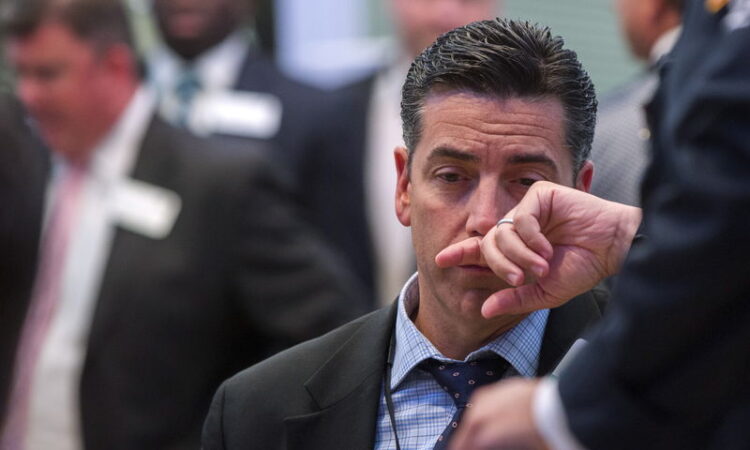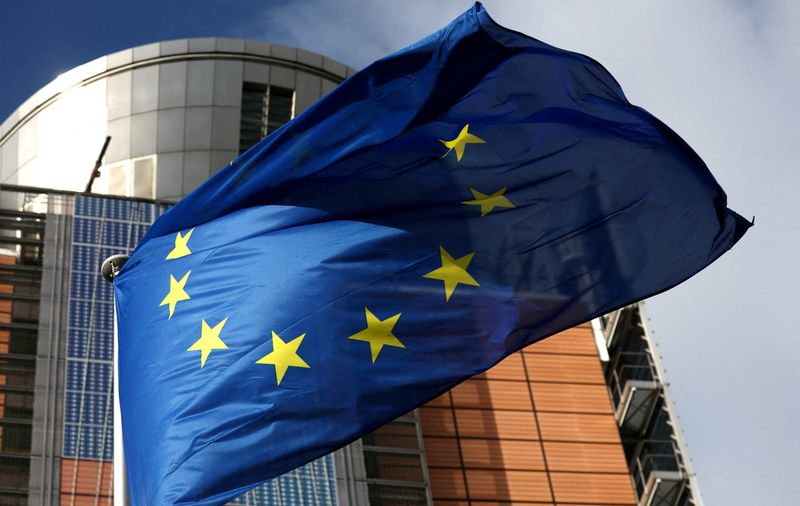

© Reuters. FILE PHOTO: A European Union flag flutters outside the EU Commission headquarters, in Brussels, Belgium, February 1, 2023 REUTERS/Yves Herman/File Photo
By Kate Abnett
BRUSSELS (Reuters) – European Union countries are preparing to endorse a diplomatic stance on Monday calling for a global phase-out of fossil fuels, as they prepare for this year’s U.N. climate change talks, a draft document showed.
The EU conclusions on climate diplomacy, which member countries’ foreign ministers aim to approve at a meeting on Monday, seek to anchor the bloc’s priorities ahead of COP28, the U.N. climate summit beginning Nov. 30 in Dubai.
A draft of the conclusions, seen by Reuters on Friday, acknowledged a commitment nearly 200 countries made at previous U.N. climate talks to phase down coal-fuelled energy – but said this must go further, to phase out all CO2-emitting fossil fuels, including oil and gas.
“The shift towards a climate neutral economy will require the global phase-out of unabated fossil fuels, as defined by the IPCC,” the draft said, referring to the U.N. climate science panel.
To avoid the most devastating impacts of climate change, IPCC scientists have said the world must substantially reduce fossil fuel energy use this decade.
“The EU will systematically promote and call for a global move towards energy systems free of unabated fossil fuels well ahead of 2050,” the draft document said.
Last year’s U.N. climate summit disappointed some countries for not yielding a deal on phasing down fossil fuel energy. A proposal by India to include this had gained support from more than 80 governments, including EU countries, but was opposed by Saudi Arabia and other oil- and gas-rich countries.
The latest EU draft included stronger wording than a previous version, reported by Reuters, which had not explicitly endorsed a “phase-out”. EU diplomats said Germany and Denmark had pushed for more ambitious wording.
The draft is still being negotiated, however, and some diplomats said it could be delayed beyond next week because some countries were unhappy with other elements of the text, which covers topics including promoting renewable energy and EU efforts to stop using Russian gas.






